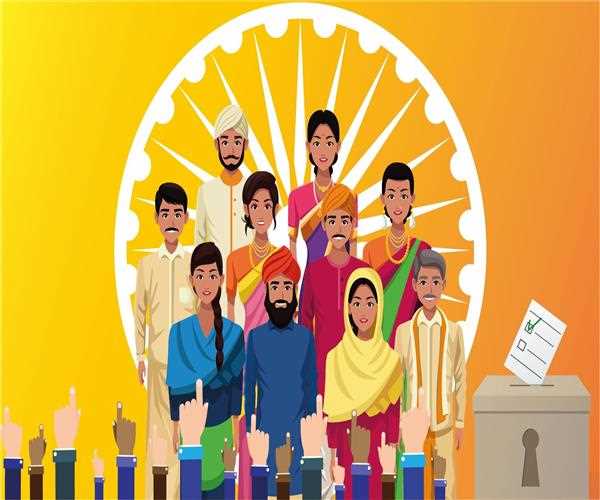In a democratic system, political leaders are elected by citizens through a process known as an election. Elections are a fundamental part of any democracy and allow citizens to have their voices heard and a say in who governs them.

A democratic election is a process whereby citizens of a nation vote in order to choose their political leaders. Elections can be conducted directly or indirectly and usually involve several voting stages, such as primary and general elections.
The first stage of an election is often a primary election, where citizens vote for the candidates they want to represent them in the general election. In the United States, for example, the primary elections are held in each of the states in which citizens vote for their preferred candidate from the two major political parties. This helps to narrow down the number of candidates for the general election.
The general election is the next stage of an election and is the final stage in which citizens vote for the political leader they want to lead the country. During a general election, citizens will vote for their preferred candidate from all of the candidates who have been nominated. Voters may also cast ballots for candidates from other political parties and independent candidates.
Once the votes have been counted, the candidate with the most votes will be declared the winner and will become the nation's political leader. In a democratic system, the winning candidate is usually chosen by most citizens, meaning that more than half of the votes cast must favour the candidate.
In some countries, the leader of a political party may be chosen by the party itself. This is known as a party primary, usually held before the general election. In this type of election, delegates from the party will vote for their preferred candidate from the list of nominated candidates. The candidate with the most votes will become the party's leader and may then stand for election in the general election.
The election process in a democratic system is an important part of ensuring that the citizens’ voices are heard and that the country is governed fairly and democratically. It gives citizens a say in who will lead them and helps ensure their views are represented. It also helps to ensure that the elected political leaders have the best interests of their citizens in mind.